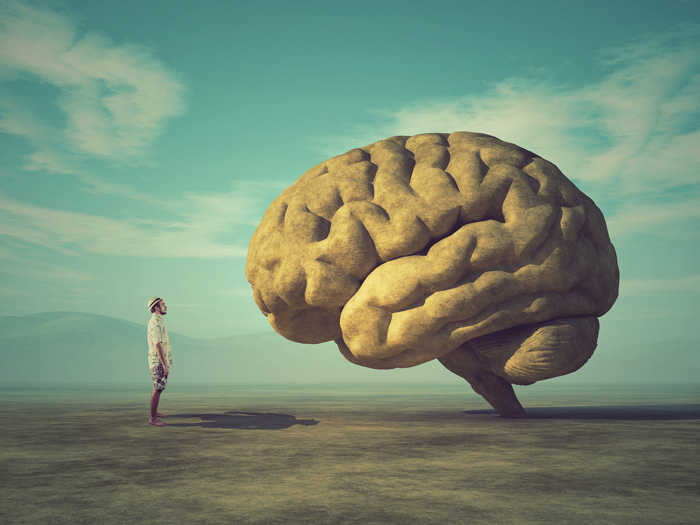No matter what you’ve been led to believe, addiction is not a choice.
It is crucial that all people involved in substance abuse recovery live by this truth to create the best environment for sobriety and the fight against the societal stigma surrounding drug and alcohol addiction.
How Experts Define Addiction
The American Society of Addiction Medicine defines addiction as “a primary, chronic disease of brain reward, motivation, memory and related circuitry. Dysfunction in these circuits leads to characteristic biological, psychological, social and spiritual manifestations. This is reflected in an individual pathologically pursuing reward and/or relief by substance use and other behaviors.
Addiction is characterized by inability to consistently abstain, impairment in behavioral control, craving, diminished recognition of significant problems with one’s behaviors and interpersonal relationships, and a dysfunctional emotional response. Like other chronic diseases, addiction often involves cycles of relapse and remission. Without treatment or engagement in recovery activities, addiction is progressive and can result in disability or premature death.”
Research Shows Addiction Is a Biological Disease
If you or a loved one are in recovery, you have probably heard that addiction is a biological disease and therefore not a product of someone’s lack of self-control or willpower. But, it is one thing to hear it, and another thing entirely to believe it.
In an effort to loosen the shackles of societal stigma, let’s dive into some of the scientific evidence that has supported the claim that addiction is not a choice. An article by Christopher Bergland from Psychology Today neatly summarizes the research of Professor Brian Anderson, a cognitive neuroscientist from Texas A&M University, which “suggests that addiction is an egalitarian disorder, that does not discriminate.”
One of the main components that Bergland points out in Anderson’s research is that people can become addicted to drug-free rewards or objects through cognitive patterns and learned conditioning; gambling being a perfect example. This finding alone reveals that truly anyone could become addicted—regardless of where and how they were raised, or any other demographic factor. With this in mind, the dangers of substances that have addictive qualities in themselves like opioid painkillers and heroin, nicotine, etc. are greatly emphasized.
Anderson summarizes why his neuroscientific research is important to everyone: “This suggests that these seemingly ‘pathological features’ of addiction may, in fact, reflect a normal cognitive process—that we are all to some degree ‘wired’ to become addicted.”
Recovery Requires a Multi-Faceted Approach
If every human brain is “wired for addiction,” then it simply does not logically follow to label someone’s addiction as an intentional choice to participate in self-destructive behavior. However, no one is arguing that people who struggle with substance abuse are not to be held accountable for their actions. That kind of approach would be enabling—not helping.
Men and women who struggle with substance abuse need to be treated as people with biological diseases—not as individuals who are irresponsible or who are a lost cause. The most effective way to treat addiction as biological disease is by using a holistic, multi-faceted approach that seeks to address the psychological components as well as the physical symptoms of dependence.
A recovery program such as the residential treatment program offered at Aviary Recovery Center that is “focused on caring for the whole person and integrating addiction treatment, nutritional balance, emotional health, physical wellness, spirituality and psychiatric health into recovery” can help someone struggling with substance abuse take the first steps towards sobriety.
www.psychologytoday.com/us/blog/the-athletes-way/201608/neuroscience-suggests-were-all-wired-addiction










